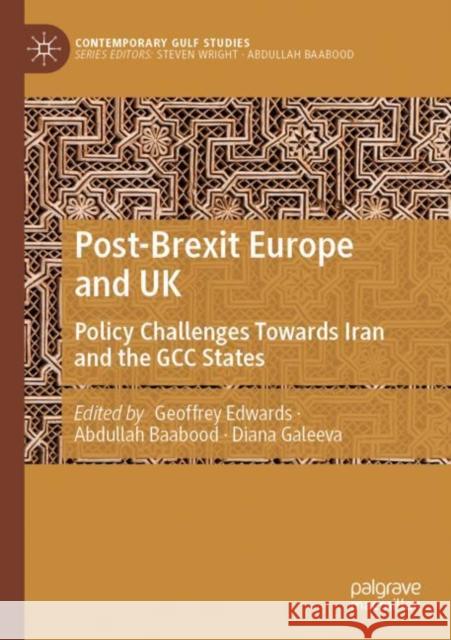Post-Brexit Europe and UK: Policy Challenges Towards Iran and the Gcc States » książka
topmenu
Post-Brexit Europe and UK: Policy Challenges Towards Iran and the Gcc States
ISBN-13: 9789811643040 / Angielski / Miękka / 2022 / 300 str.
Post-Brexit Europe and UK: Policy Challenges Towards Iran and the Gcc States
ISBN-13: 9789811643040 / Angielski / Miękka / 2022 / 300 str.
cena 564,88
(netto: 537,98 VAT: 5%)
Najniższa cena z 30 dni: 501,19
(netto: 537,98 VAT: 5%)
Najniższa cena z 30 dni: 501,19
Termin realizacji zamówienia:
ok. 16-18 dni roboczych.
ok. 16-18 dni roboczych.
Darmowa dostawa!
Kategorie BISAC:
Wydawca:
Palgrave MacMillan
Seria wydawnicza:
Język:
Angielski
ISBN-13:
9789811643040
Rok wydania:
2022
Wydanie:
2021
Numer serii:
000861657
Ilość stron:
300
Oprawa:
Miękka
Wolumenów:
01
Dodatkowe informacje:
Wydanie ilustrowane











